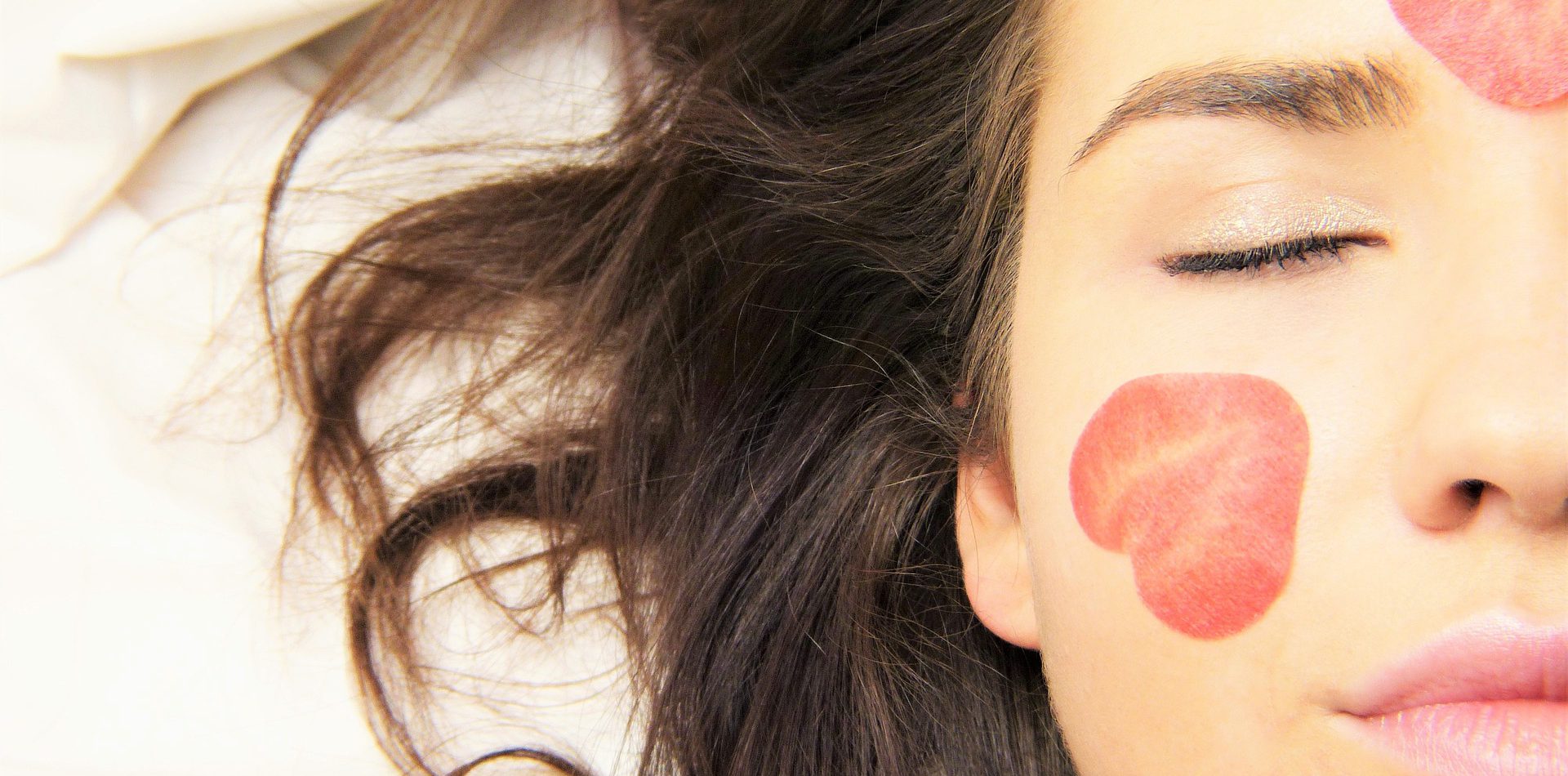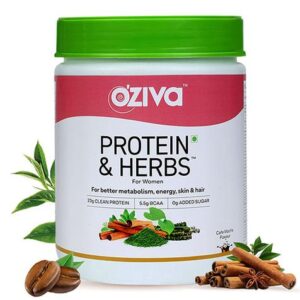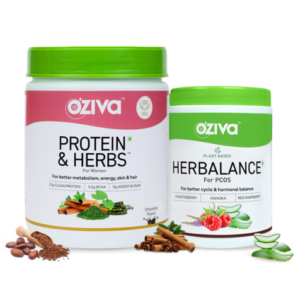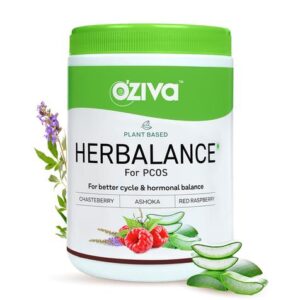Ladies with PCOS, you might have noticed that PCOS causes harsh changes to your body. The imbalance of hormones might cause small cysts that form on the ovaries. Other symptoms include irregular menstrual cycle, possible infertility, acne, weight gain, and excessive facial hair. Out of these, hirsutism or excessive facial hair is one of the most pervasive and difficult symptoms to handle.
Read more in this blog on what hirsutism is, how you can identify it, and how to manage hirsutism naturally with PCOS supplements.
What is Hirsutism?
PCOS is not the only cause of hirsutism, but according to the Cleveland Clinic, around 70-80% of all women with PCOS develop hirsutism as one of the symptoms. While symptoms like acne, excessive weight gain or weight loss, and irregular menstrual cycles might become easier to explain, hirsutism is harder to handle as it is a clear indicator that there is a hormonal problem within the body.
Hirsutism is a condition in women that results in the growth of excessive, thick coarse hair in a male-like pattern in places where women normally do not have facial hair or grow facial hair. It is primarily seen on the face (upper lips and chin), but can also be seen on the chest, stomach and lower back.
This extra hair growth often arises due to excess androgens (male sex hormones) that can cause excessive facial and body hair growth. In women with PCOS, androgens are overproduced, triggering thick and coarse hair growth instead of soft, thin hair.
How Hirsutism Affects Women
The first thing to note is that hirsutism does not affect your physical health. However, it can definitely affect you psychosocially. This means that people’s thoughts and emotions will affect you, especially if they are angry, and this will influence how you think about yourself as a person. You may experience emotional stress, anxiety and depression as a result of the excessive facial hair.
However, hirsutism is diagnosable and treatable, which we will elaborate below.
How Do You Diagnose Hirsutism with Regards to PCOS?
If you notice excess facial hair growth, you might want to head to a doctor. Your doctor or healthcare provider will conduct a physical examination to determine the extent of your uncommon hair growth. They will also take note of any other physical signs that may accompany this hair growth, such as acne, or note your menstrual cycles to see if they are irregular.
They will also run the following other tests:
- Blood tests to check your hormone levels and to see if your body is producing excessive androgens
- Ultrasound to examine your ovaries and uterus to check for the presence of ovarian cysts, a key symptom of PCOS
- Run X-Rays to evaluate your adrenal glands to rule out if any other condition is triggering the facial hair growth
Once you have been diagnosed with hirsutism, your doctor will likely use the Ferriman-Gallwey scale to grade its severity. This test examines nine areas of your body – your upper lip, chin, chest, abdomen (both lower and upper), upper arms, thighs, upper back and buttocks. Each area will receive a score between 0-4 based on how heavy the hair growth is. A lower number means that you only have mild hirsutism, and the higher number means that it is more severe.
After examining all areas, the doctor will add the scores up together to know the severity of your hirsutism. Based on that, you can decide the best treatment options, including deciding whether to take PCOS supplements.
What Can Help You Treat Your Hirsutism Related to PCOS?
Here are some of the treatment options if you have been diagnosed with hirsutism. First of all, you need to lead a completely healthy lifestyle and ensure you manage your PCOS!
PCOS-caused hirsutism can be managed keeping these two things in your mind:
- Balancing hormones (Androgen and Estrogen) – Since your hirsutism is caused by an excessive amount of androgens in your skin, one of the first treatment options is to reduce the levels.
- Weight Loss – Weight loss is another step that you can take to treat your hirsutism. Losing even 5% of your natural body weight can reduce the amount of androgens in your body.
- Maintaining healthy levels of insulin and blood sugar – High insulin levels also contribute to altering hormone production and this results in the body producing excess androgens and testosterone. Work on your insulin resistance by cutting down excess carbs and keeping it to 20% of your plate
- Immediately cut down sugar, refined foods, packed foods, refined oils and focus on eating organic food. This will increase your estrogen levels.
- Incorporate Zinc and Chasteberry into your diet through food or supplements.
Best Way: OZiva HerBalance for PCOS
One of the clean, plant-based ways you can manage PCOS is to try OZiva HerBalance for PCOS. These PCOS supplements contain 21 plant-based wholefoods to help balance estrogen and testosterone, and to manage PCOS symptoms like irregular menstrual cycles, acne, and PCOS-associated weight gain and loss. It helps reduce excessive facial hair growth with foods like Chasteberry, Red Raspberry, Shatavari, Ashoka, and vitamins and minerals like Chromium and Myo-Inositol. Try out these PCOS supplements!
Read more on types of PCOS here.
Last modified: August 11, 2023






